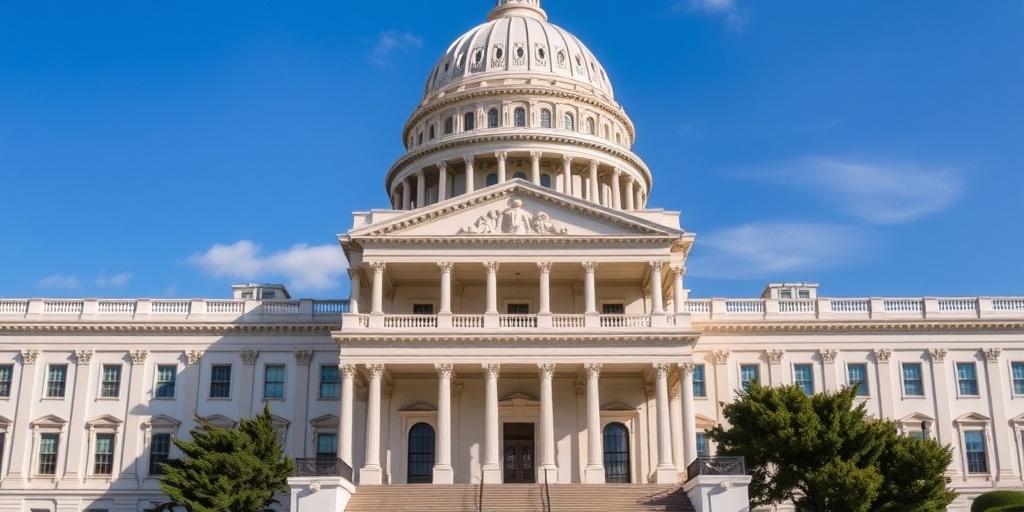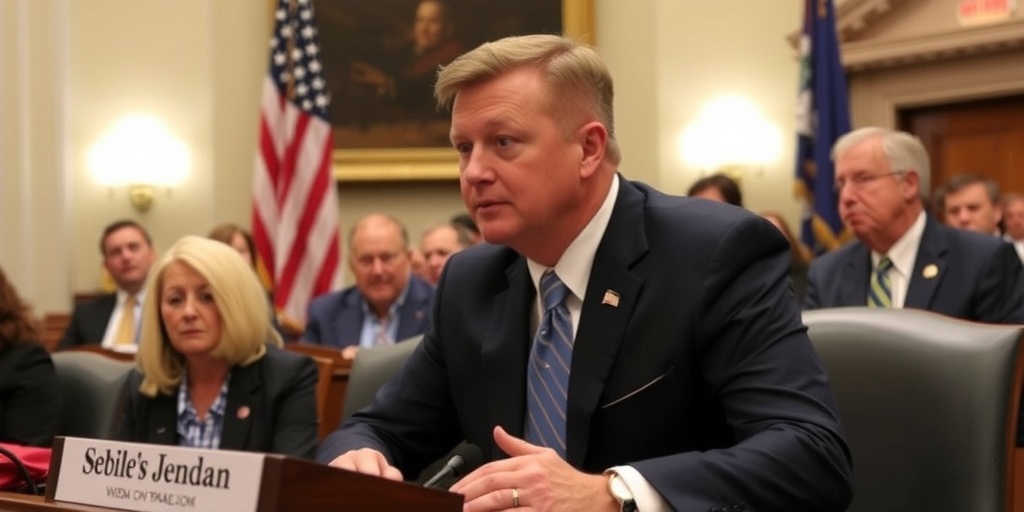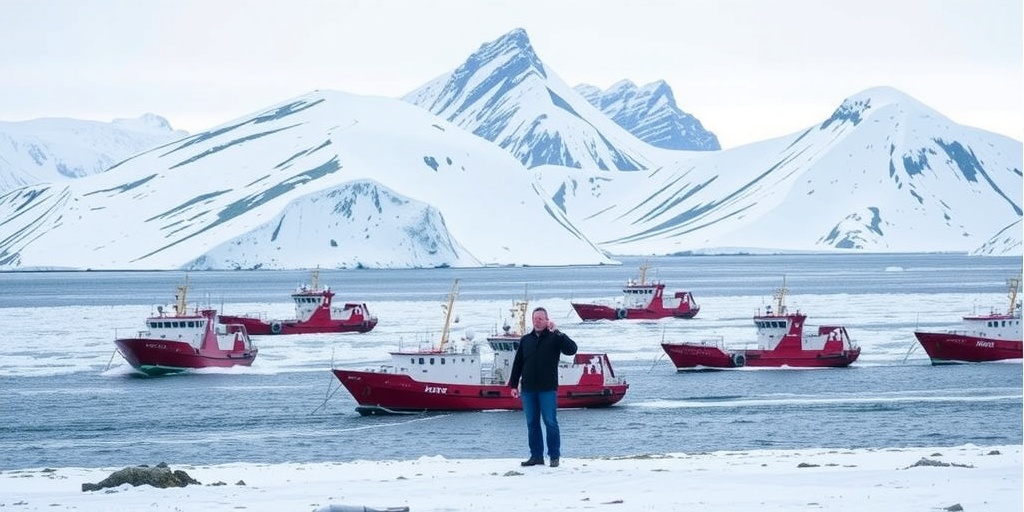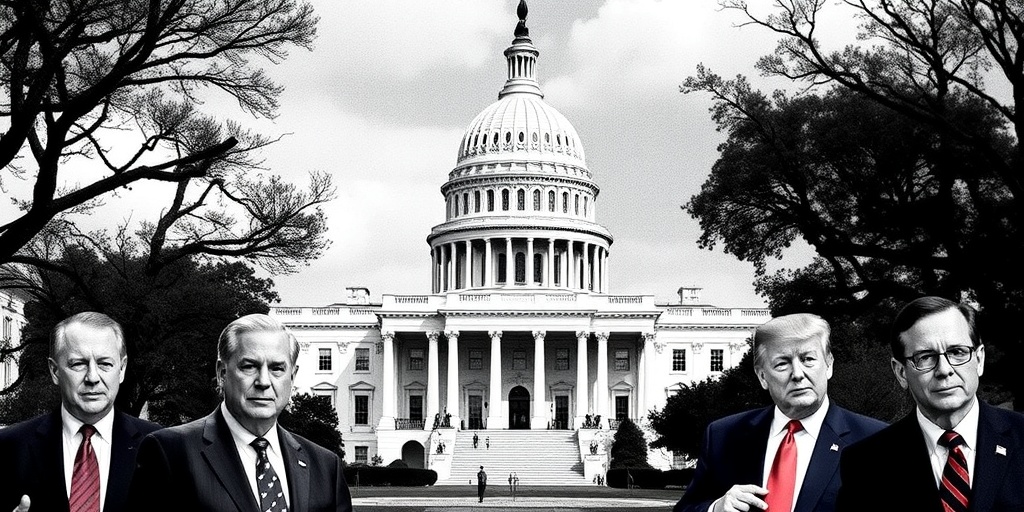Now Reading: Greenland Rejects Sale to Trump, Open to Business Talks
-
01
Greenland Rejects Sale to Trump, Open to Business Talks
Greenland Rejects Sale to Trump, Open to Business Talks
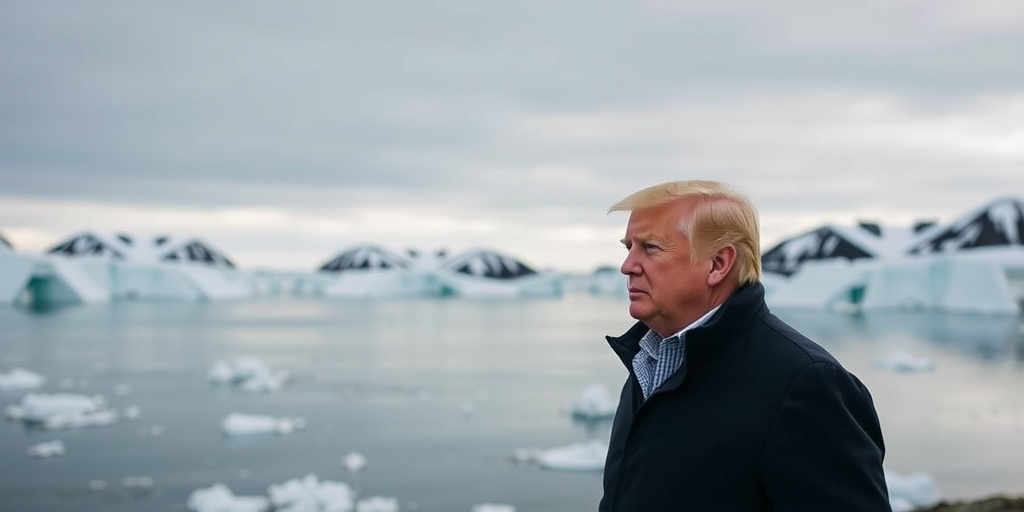
Greenland Expresses Willingness to Collaborate with the U.S. Amid Rising Global Interest
Greenland is poised for dialogue as it responds to comments made by President-elect Donald J. Trump concerning the Arctic territory. In a recent statement, the Prime Minister of Greenland, Múte Egede, emphasized the territory’s desire for closer collaboration with the United States on issues relating to defense and natural resources. This declaration comes on the heels of a diplomatic upheaval sparked by Trump’s musings about potentially acquiring Greenland, an autonomous territory of Denmark, which he suggested buying during his previous presidential term.
At a news conference held in Nuuk, the capital of Greenland, Prime Minister Egede reiterated, “The reality is we are going to work with the U.S. — yesterday, today, and tomorrow.” Despite this openness to partnership, he firmly noted, “Greenlanders did not want to become Americans,” making it clear that while cooperative relations are welcome, full integration into the U.S. is not desired.
The backdrop of these developments includes rising tensions and disputes among world powers. Prime Minister Egede noted, “The power struggles between the superpowers are rising and are now knocking on our door,” reflecting the geopolitical significance of Greenland in the context of global interests in the Arctic region.
President Trump’s prior remarks, including a refusal to dismiss the idea of employing military or economic pressure to regain control over the Panama Canal and acquire Greenland, have not gone unnoticed. Both Greenland and Denmark have reiterated that the island is not for sale, and officials from Panama have also rejected similar threats.
In recent weeks, the conversation surrounding Greenland intensified, particularly following a surprising visit from Donald Trump Jr., who conducted what could be described as a whirlwind tour of the island. While he described his trip as private, it has certainly fueled worldwide media coverage and speculation regarding the island’s future. Notably, despite its harsh living conditions and remote location—where only about 56,000 people reside—Greenland is becoming an increasingly attractive area, particularly as climate change alters the landscape of Arctic ice and opens up new shipping routes and resource opportunities.
Historically, Greenland has maintained a close relationship with Denmark. Once a colony, it transformed into a semiautonomous territory with substantial autonomy in recent years, though Denmark continues to oversee its foreign affairs and defense policies. The implications of intensifying interest from global powers correspond with an ongoing aspiration among Greenlanders for greater independence. Yet, the attachment to Denmark remains complex, with the territory relying significantly on Danish subsidies amounting to hundreds of millions of dollars each year.
In Nuuk, residents were eagerly anticipating PM Egede’s remarks. Observers in the city displayed a blend of hope and caution, with many expressing a clear desire for closer ties with the U.S. without losing their identity or autonomy. One local business owner, Aviaq Kleist, who runs a café in the city’s largest shopping mall, pointedly remarked, “Whatever happens, there’s no turning back,” suggesting a recognition of the critical moment Greenland finds itself in.
When pressed about the possibility of independence from Denmark, PM Egede navigated the topic delicately, noting that various political parties have differing views on the matter. If independence were to align with Greenland’s aspirations, it would likely necessitate a referendum, reflecting the complex legal and political processes at play.
Expressing relief over comments made by JD Vance, the upcoming vice president, Egede noted that while Vance did not entirely rule out military force, his overall tone was more positive, referring to Greenland’s “incredible natural resources” and the potential for a beneficial deal.
The historical context of U.S. interest in Greenland runs deep, reaching back to World War II when the U.S. established military bases on the island. Following the war, there were attempts by the U.S. to purchase Greenland, which Denmark rejected. Today, the U.S. operates the Pituffik Space Base in northern Greenland, a facility focused on missile defense and exemplifying the strategic military interests associated with the territory.
The people of Nuuk appear largely aligned with the prime minister’s outlook, preferring a model of increased cooperation and trade rather than being fully absorbed into the U.S. economic or political system. Local fisherman Nielseeraq Berthelsen expressed this sentiment well when he said, “What we really need is more cooperation and trade,” highlighting the desire for mutual benefit in a changing global landscape.
With these dialogues unfolding, Greenland stands at a crossroads, facing the challenge of navigating its identity, autonomy, and partnerships with larger global players while maintaining its unique cultural heritage and independence aspirations. As the global interest in the Arctic continues to grow, Greenland’s future remains a subject of significant attention both nationally and internationally.
Stay Informed With the Latest & Most Important News
Previous Post
Next Post
-
 01New technology breakthrough has everyone talking right now
01New technology breakthrough has everyone talking right now -
 02Unbelievable life hack everyone needs to try today
02Unbelievable life hack everyone needs to try today -
 03Fascinating discovery found buried deep beneath the ocean
03Fascinating discovery found buried deep beneath the ocean -
 04Man invents genius device that solves everyday problems
04Man invents genius device that solves everyday problems -
 05Shocking discovery that changes what we know forever
05Shocking discovery that changes what we know forever -
 06Internet goes wild over celebrity’s unexpected fashion choice
06Internet goes wild over celebrity’s unexpected fashion choice -
 07Rare animal sighting stuns scientists and wildlife lovers
07Rare animal sighting stuns scientists and wildlife lovers













